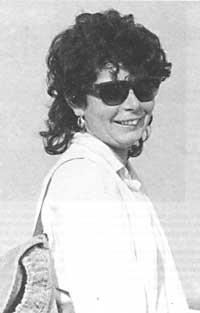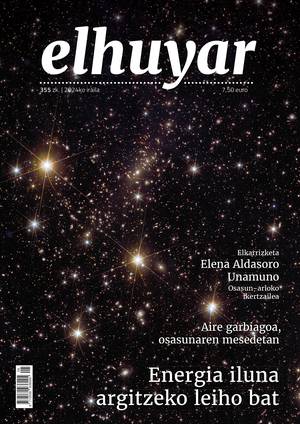Women: from home to company
This group of women who want to work has problems everywhere. Most do not know the labor world and those who worked in their day have almost forgotten their links. It is true that this problem is not exclusive to women, but to many other human groups. However, it is evident that 80% of the unemployed are women who suffer the most.
And it is that the collective of women has characteristics that differentiate it from other human collectives. These women are in most cases housewives and even if they work (or have to attend courses) they cannot forget domestic work. At the same time, the domestic environment is not usually favorable to the interests of these women and there are usually problems of self-esteem. In addition to these problems, there is a very low level of training.

Faced with this situation, several organizations have begun to organize things in collaboration. Among others, KUTXA's social and family promotion centers in Gipuzkoa and San Sebastian designed planning for women's self-employment. This planning corresponds to that of the Basque Government and the regional working commissions.
In total, eight courses have been organized, all of them in the area of Donostia. Five of them, six months and three of nine months. Women who have participated in the six-month courses are those who do not have a clear project to create a company and those who have participated in the nine months are those who have a clear business project.
Marisa told us that the aim of these courses is to create companies and not create professionals.
But, what kind of company can this conditioned group create?
Marisa has clear that we must promote this collective to the service sector and specifically to the social services sector. Hospitality, cleaning, disabled and elderly assistance, food, etc. These are the areas with the greatest potential.
The selection phase of these courses has been very important. Despite age limitations (allowed from 19 to 45 years), it has been used to create groups as homogeneous as possible. Homogeneity is very difficult, but for this purpose, the situation and objectives of each person have been taken into account.
Most of the courses have ended in June and Marisa has shown satisfaction with the results, as some groups are about to create companies.
We also speak of the future. The support of the public administration is going to be indispensable, but it is not yet very clear what its tendency will be. On the other hand, we must overcome social inertia towards women.
However, Marisa and her friends, psychologists, pedagogues, sociologists, etc. They have been willing to deal with all the problems, perhaps because so far and for a long time they have worked on difficult tasks.





